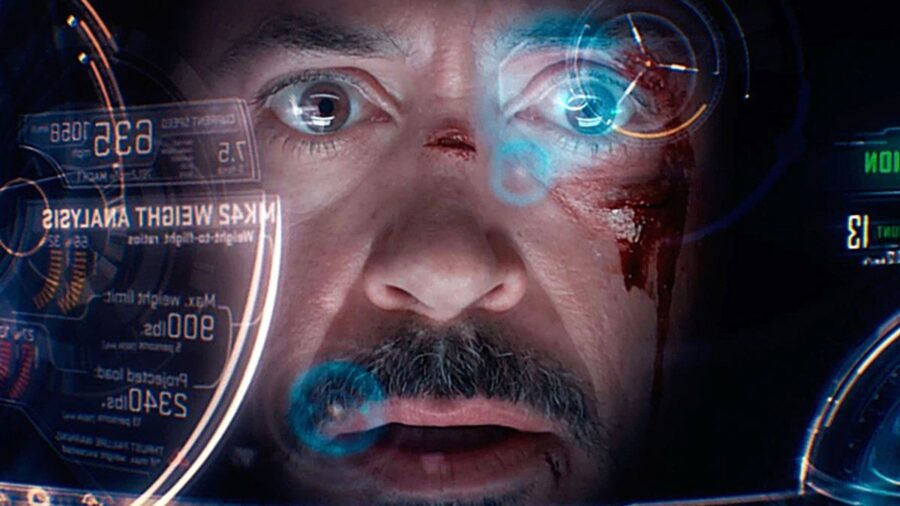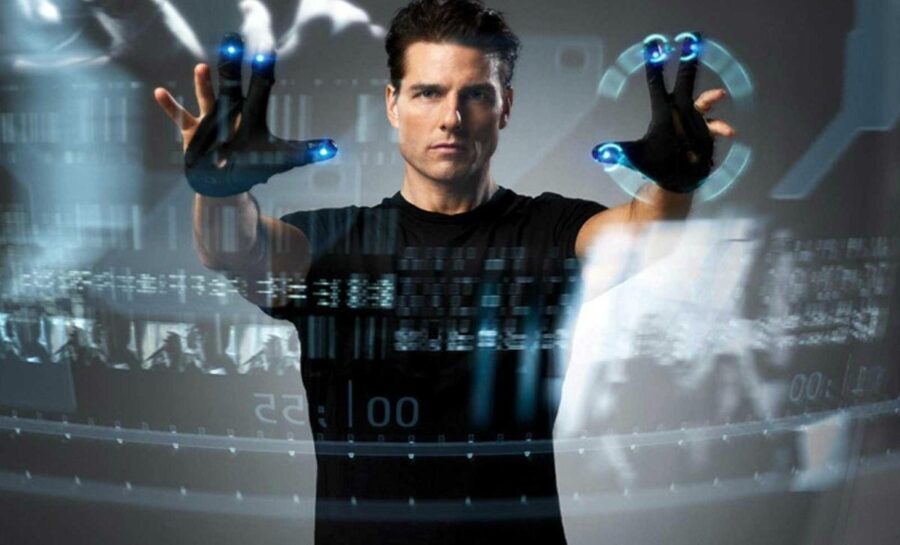Hollywood Stars Now Have To Register Their Faces To Avoid AI Copycats?
Celebrities may have to register their likeness with the U.S. Copyright Office to prevent AI deepfake videos.

The AI genie is out of the lamp, and it is not going back in, not when the new technology is making it easy for individuals and businesses to make a quick buck. The Hollywood Reporter details a developing case regarding deepfake technology used to impersonate celebrities, in this specific case, Tom Cruise. Metaphysic CEO Tom Graham, the man behind the TikTok account using a deep fake Cruise to parody the actor, is trying to register his AI-generated version with the United States Copyright Office, and the best way to combat this practice is for actors to register their own likeness with the same office.
In March, the U.S. Copyright Office ruled that works created by AI can not be copyrighted but left open a narrow path if a person “selected or arranged” the work in a “sufficiently creative way that the resulting work constitutes an original work of authorship.” Using that narrow path, Graham put himself down as the author of his deepfake Tom Cruise when applying.
That small distinction is enough to terrify Hollywood, as unlike past attempts to copyright AI-generated deep fakes, Graham has the potential to be approved, noting that in the process, “We’re using AI, but there’s a large degree of manmade work and human effort. It’s fundamentally me from top to bottom.”
Metaphysic’s process differs from the average ChatGPT user’s, which inputs a prompt and produces a product without any further adjustments. A representative from the law firm Baker Botts believes that since using Adobe Photoshop on a work qualifies as “selected or arranged,” Metaphysic has a strong case. Even if Graham doesn’t get his fake Tom Cruise approved, Hollywood has been put on notice regarding how easy it is to disseminate illicit deep fakes.

The solution, which is the ultimate goal of Graham’s copyright application, is for celebrities to register their likeness with the US Copyright Office, which then enables the celebrity to report deepfakes and have them removed using the Digital Millenium Copyright Act (DMCA). Utilizing the DMCA would mean the infringing video must be removed within 24 hours of the notice being served. If the thought of registering your likeness to stop anyone from posting potentially harmful AI duplicates sounds strange, that’s because it is.
The closest example to date is when model Emily Ratajkowski bought back the rights to photos of herself, putting her in control of where and when she can be depicted in the world of fashion. Beyond Tom Cruise, Will Smith was recently featured in an AI-generated video utilizing a deepfake to eat spaghetti. If Smith had registered his likeness with the US Copyright Office, he could have the video removed, though again, there’s one final loophole that complicates the issue further: parody.
If Mel Brooks decides to use an AI-generated fake of Bill Clinton in his next History of the World, it could be defended as a parody. Under United States copyright law, parody is protected and not viewed as a copyright violation, which explains the entire filmography of The Asylum. While registering a human being with the U.S. Copyright Office is a strange way to combat the rise of AI, and it’s not a perfect solution, at the moment, it’s the best option for anyone of public interest.












